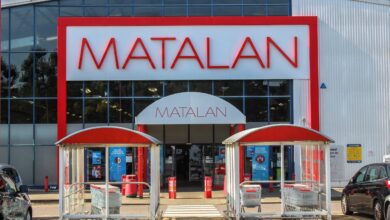When customers call the shots, flexibility is key

It’s no secret that the ecommerce industry is in a constant state of transformation, as digitally savvy shoppers continue to expect more and more from brands and retailers. Whilst it’s true that the UK remains a global leader when it comes to online shopping, we’re seeing that our favourite brands and retailers need to go beyond interacting with their customers in just one place.







